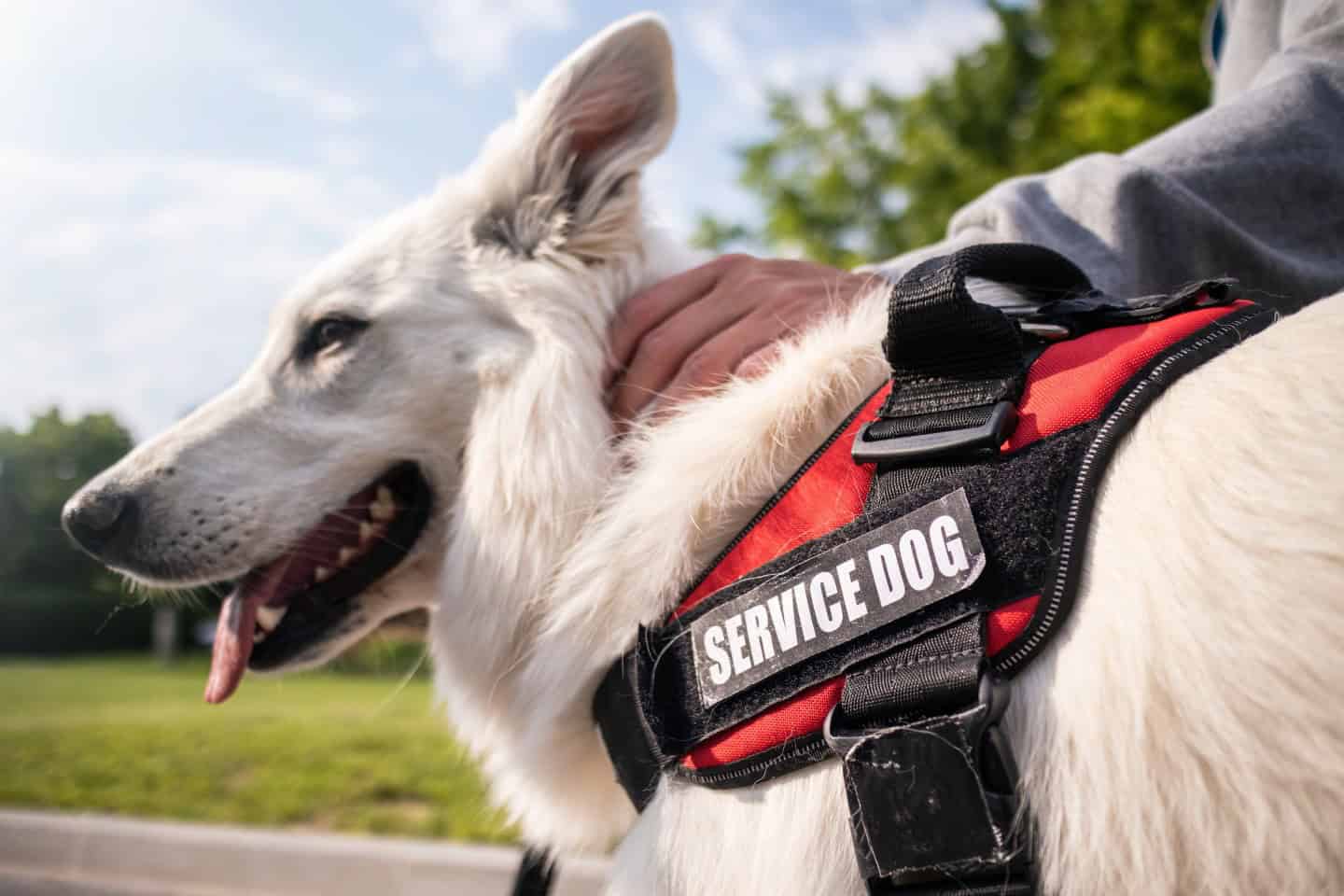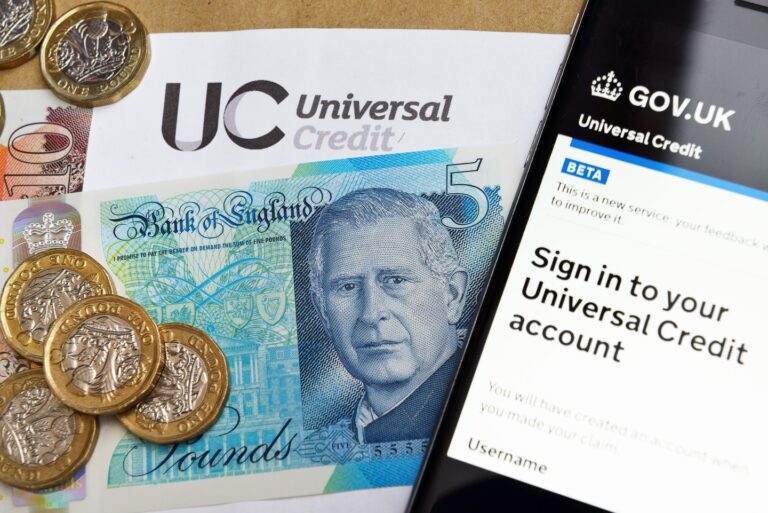
The power of an assistance dog and the amazing support they provide
A traumatic brain injury survivor has shared footage online of her service dog and how he assists her in everyday life. Janaye Kearns suffered a traumatic brain injury following a boating accident and now has right sided numbness and weakness. She also suffers from seizures, chronic neck pain and low blood sugar.
Janaye, who used to train police and military dogs, has trained her dog to protect her head when she has a seizure. Incredibly, her dog Colt is able to alert her to a seizure 30 minutes to two hours before their onset, meaning that 50% of her seizures are completely prevented. He is also able to open doors for her, put laundry in the washing machine and pick things up for her. She commented that she is unendingly grateful for Colt, who continues to make her life better every day.
Assistance Dogs UK, a coalition of eight assistance dogs charities notes that over 7,000 disabled people in the UK rely on an assistance dog to help with practical tasks, provide emotional support and also give them greater independence.
Whilst Janaye trained Colt herself, most individuals do not have experience in dog training. Accredited assistance dogs are therefore professionally trained to behave well in public, be safe and reliable, regularly checked by experienced vets and will be recognisable by their harness, coat or tag. The handler will also be trained in working alongside their assistance dog.
Overall, assistance dogs have the ability to provide physical and emotional support to individuals with a variety of different disabilities, helping to provide freedom, independence and quality of life.
Our job, as brain injury lawyers, is to identify our client’s needs as a result of their injury. This can be something as small as assistive technology to help them with their day-to-day chores or something as significant as upgrading their home to allow them to live a comfortable and independent life.
Our priority is to assess our client’s difficulties and needs, and then to meet these with whatever recommendations can assist. There is no limitation as to how this can be achieved. Assistance dogs have been used for years by people suffering from a range of disabilities and the recent research shows that they may soon be a regular part of neuro-rehabilitation and recovery for brain injury survivors too.










